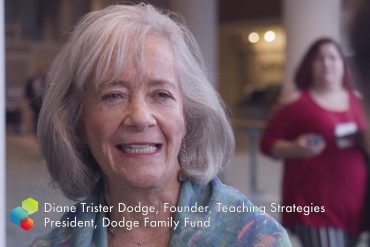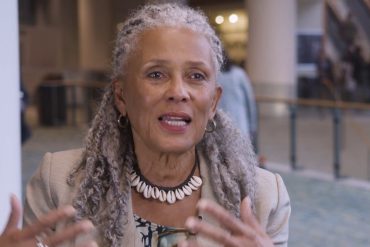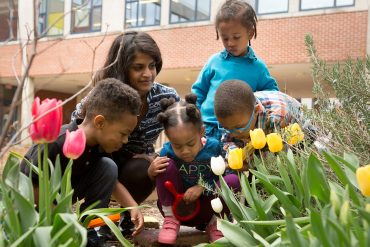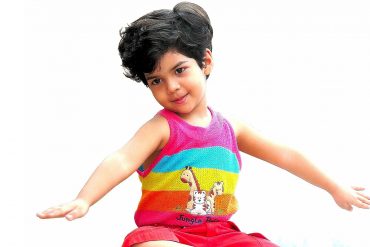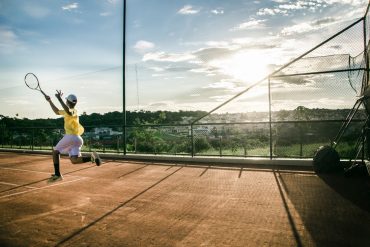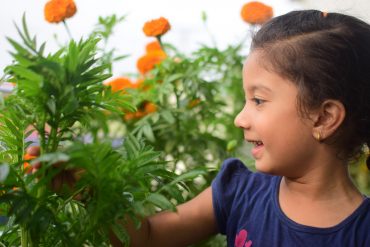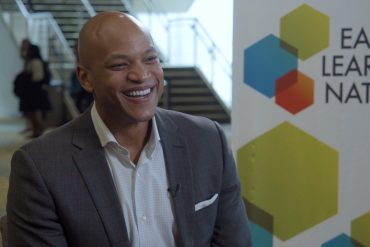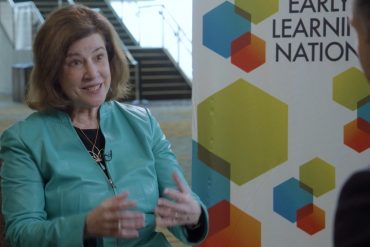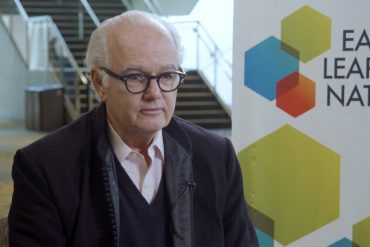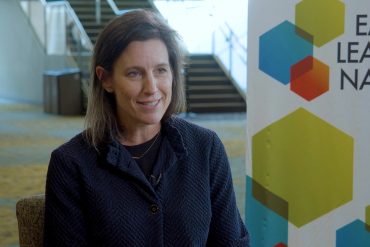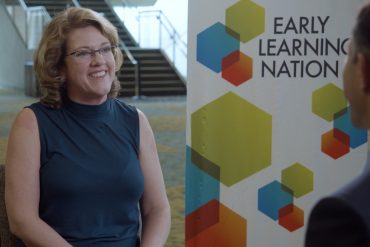When Diane Trister Dodge began working with Head Start, she created her own learning materials with mimeographs and homemade filmstrips. That creative focus on training teachers helped Diane become founder of Teaching Strategies and now President of the Dodge Family Fund, promoting the early childhood profession and programs that help children in poverty to be successful.
[molongui_author_box layout=slim box_background=#e6e6e6 profile_layout=layout-3 show_headline=no]
From her earliest days, teaching has been part of Carol Brunson Day’s life. And since those first lessons through her time in the classroom and as NAEYC Past President, she has been a relentless, powerful activist for equity, access, and high-quality education for children.
Three years ago, the Center for the Study of Social Policy (CSSP) and the National League of Cities (NLC) partnered...
You know something special is happening in our field when so many great topics converge in one space– we were...
The most important game of serve and return that a parent can play has nothing to do with tennis. As...
Autumn is officially here! In case you were overloaded with back-to-school-daze and all the other shifts that come with seasons...
Did April showers bring you May flowers? There’s certainly a ton of work springing to life around early learning communities,...
Want to fight poverty? Robin Hood CEO Wes Moore – bestselling author, Army combat veteran, social entrepreneur – explains why improving education is an excellent place to start. Filmed for Early Learning Nation’s Mobile Studio at the Society for Research in Child Development’s biennial meeting in Baltimore, MD, on March 22, 2019. #SRCD19
From “helicoptering” to “snowplowing,” parents are often tempted to simply remove obstacles from children’s way, preventing them from learning how to deal with challenges themselves. Instead, as Ellen Galinsky, Bezos Family Foundation Chief Science Officer and Founder/Executive Director of Mind in the Making, explains, the better approach is to build “Autonomy Support” – helping children gain the independence skills they’ll need to become successful adults. Filmed for Early Learning Nation’s Mobile Studio at the Society for Research in Child Development’s biennial meeting in Baltimore, MD, on March 22, 2019. #SRCD19
According to NYU University Professor Lawrence Aber, poverty and violence are the two most toxic challenges for child development – areas he has researched from the U.S. to Africa and the Middle East. Regardless of location, children can experience poverty and violence in difference ways and levels. Aber explains the research, tools and tactics required to give children the best opportunities for successful development. Filmed for Early Learning Nation’s Mobile Studio at the Society for Research in Child Development’s biennial meeting in Baltimore, MD, on March 22, 2019. #SRCD19
It’s an ongoing global crisis: More than half of all refugee children – some 62 million – have no access to any form of education. From establishing schools in refugee camps to bringing Sesame Street to the Middle East, Sarah Smith, Sr. Director of Education at the International Rescue Committee, explains how the IRC addresses this humanitarian emergency every day. Filmed for Early Learning Nation’s Mobile Studio at the Society for Research in Child Development’s biennial meeting in Baltimore, MD, on March 22, 2019. #SRCD19
Self control. Attention. Focus. These foundational skills make up a key area of early childhood development: Self-regulation. So what can teachers, parents, caregivers –even children themselves – do to help those skills grow? Oregon State University Professor Megan McClelland explains the science and the practical things we all can do. Filmed for Early Learning Nation’s Mobile Studio at the Society for Research in Child Development’s biennial meeting in Baltimore, MD, on March 22, 2019. #SRCD19


